
6 killed in small plane crash in Canada's Northwest Territories
A regional jet carrying workers to Rio Tinto's Diavik diamond mine in Canada's Northwest Territories crashed, killing an unknown number of people.
Watch CBS News
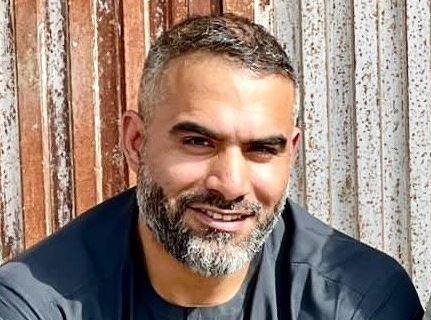
Ahmad Mukhtar is a producer for CBS News based in Toronto, Canada. He covers politics, conflict and terrorism, with a focus on news from Canada and his home nation of Afghanistan, which he left following the Taliban's return to power in 2021. He reports for all CBS News platforms.
Ahmad has a bachelor's degree in political science and public administration from the American University of Afghanistan and a master's degree in disaster and emergency management from York University in Toronto. He started his career in journalism with CBS News in Kabul in 2009.
He became CBS News' Kabul bureau chief in 2013, helping to lead coverage of America's longest ever war before leaving the country in 2021.

A regional jet carrying workers to Rio Tinto's Diavik diamond mine in Canada's Northwest Territories crashed, killing an unknown number of people.
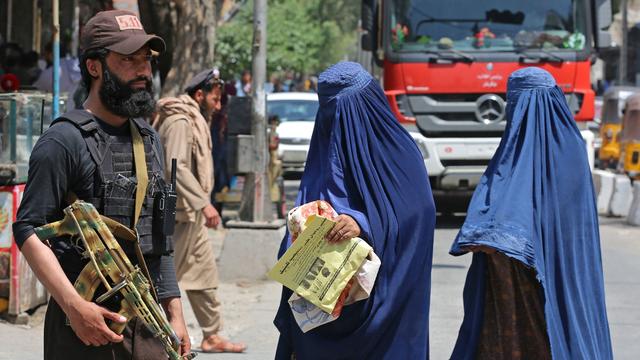
The report is a snapshot of legal and judicial responses by the Taliban to complaints of gender-based violence, including murders, honor killings and rapes.
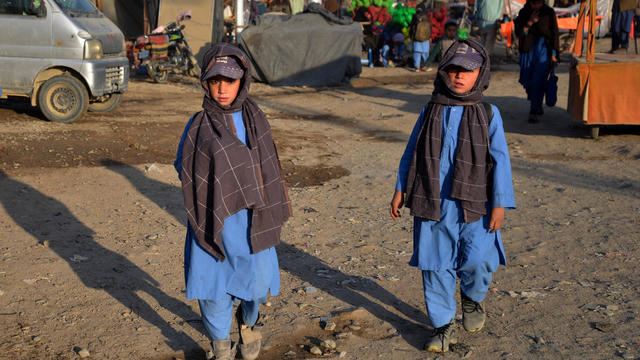
The Taliban's draconian school policies are "causing irreversible damage to the Afghan education system for boys as well as girls," rights group warns.
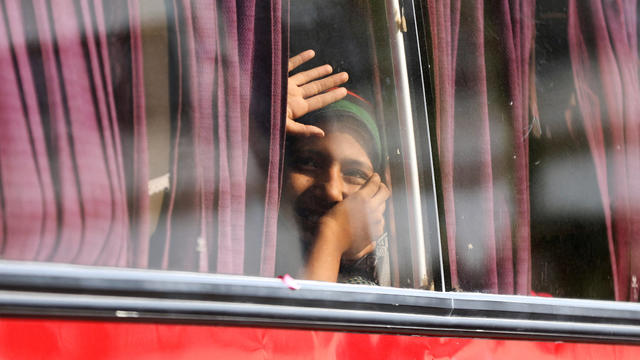
The Pakistani government gave 1.7 million Afghan refugees living in the country until Nov. 1 to leave voluntarily or face arrest and forced deportation.
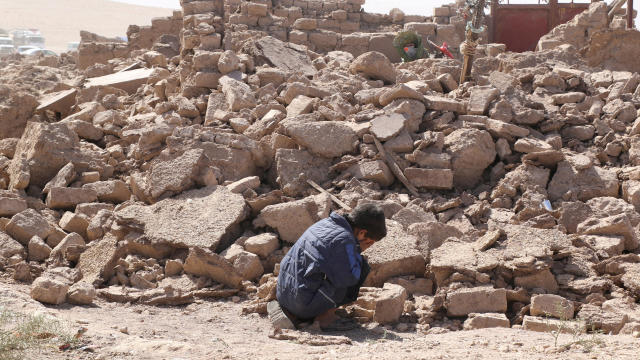
The United States is providing $12 million in "immediate humanitarian assistance" for Afghanistan following multiple devastating earthquakes that killed nearly 1,200 people and leveled villages.
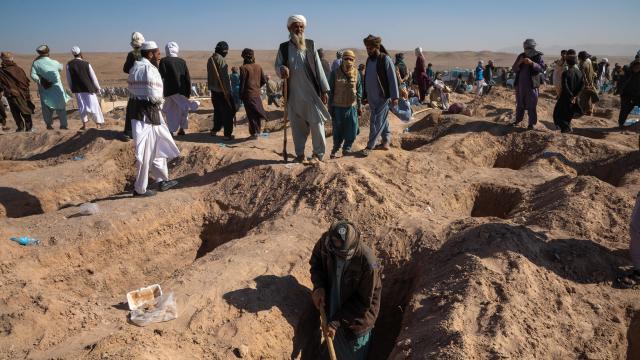
More than 2,000 people were killed by powerful earthquakes in Afghanistan's western Herat region, but the toll is likely to rise.
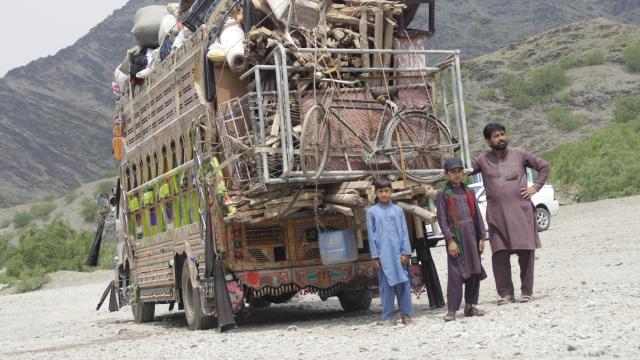
Afghan's Taliban regime has decried Pakistan's plan to deport "illegal alien nationals," and the U.N. says, "any refugee return must be voluntary."
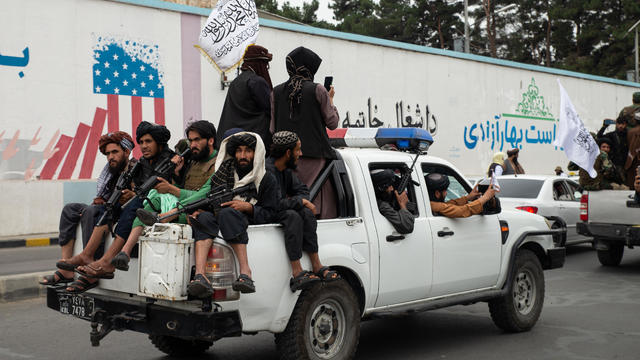
A regional official tells CBS News the aid workers were arrested for "promoting Christianity," but the nonprofit group involved says it's received no information.
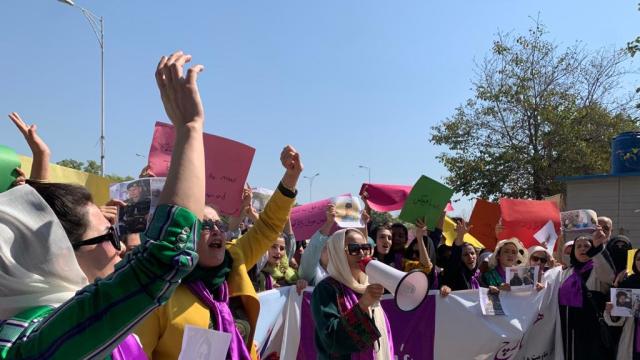
Since returning to power, the Taliban have introduced several severe restrictions on women's and girls' rights and freedom, including closing schools and universities and limiting employment opportunities.
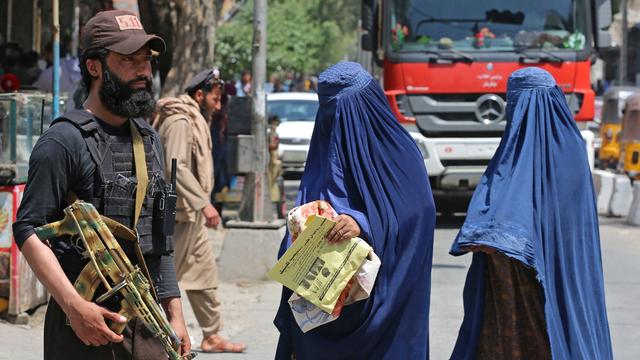
Afghan women's rights activists blasted the U.S. delegation for even meeting Taliban officials, demanding that the U.S. not "compromise our rights."
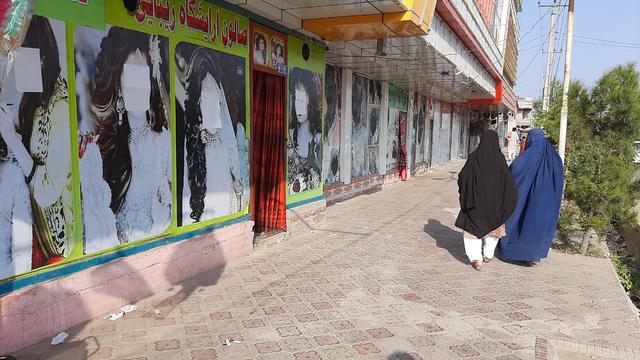
Women who work in Afghanistan's salons say thousands more are about to be forced out of work by the latest Taliban decree.
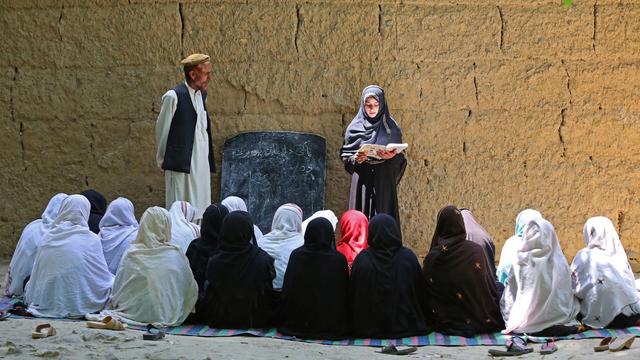
Local officials said almost 80 elementary schoolers, along with a handful of teachers and a parent, were affected in the latest mass-poisoning of Afghan children.
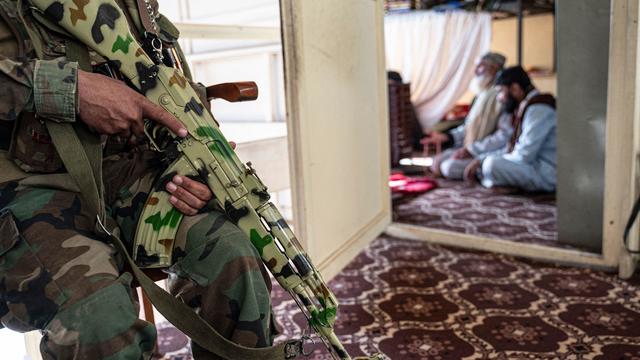
The Taliban says 175 people have been sentenced to death since it took back control of the country, as public, corporal punishment makes a violent return.
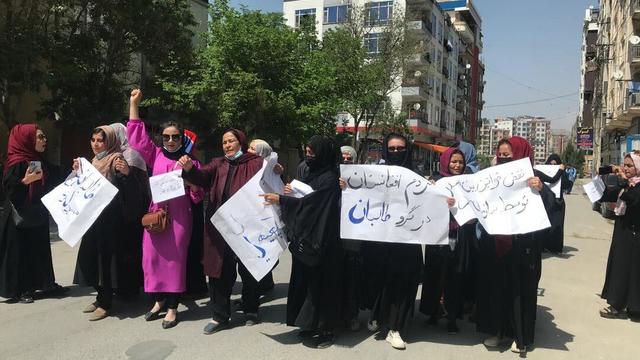
Many Afghan women worry the Doha meeting could lead to something they vehemently oppose, official recognition of the Taliban as Afghanistan's government.
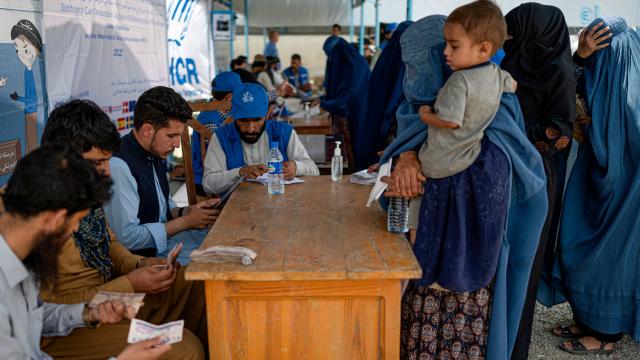
The latest step in the Taliban's systematic obliteration of women's rights will also be a major blow to the humanitarian aid work millions of Afghans rely on.